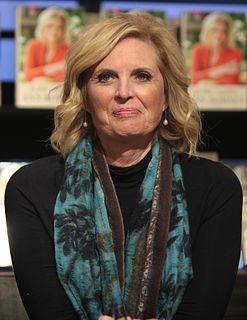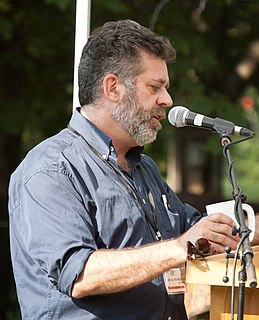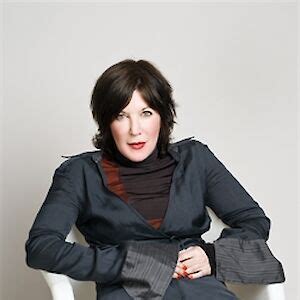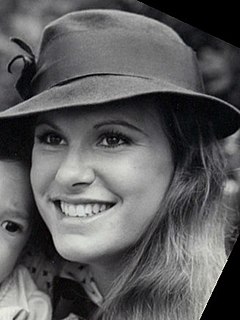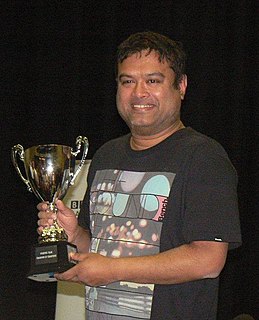A Quote by Ruth Rendell
My mother started to suffer from multiple sclerosis, but nobody knew what MS was then. My father didn't - and later he suffered a great deal of guilt over that. It was an awful business and very fraught.
Related Quotes
Even when I became cognizant of this societal problem in this country, I asked my father and my mother if they knew anything that had been passed on to them, about slavery, and my father was very reticent about it. He often said, "No, I don't know anything about it, and it was bad, it was awful and it's over and we want to get on with our lives."

